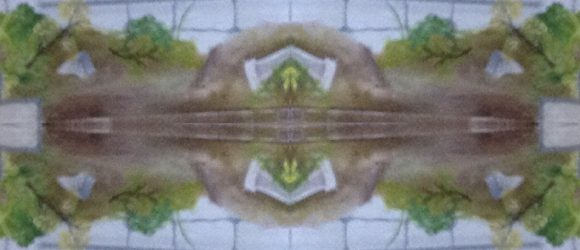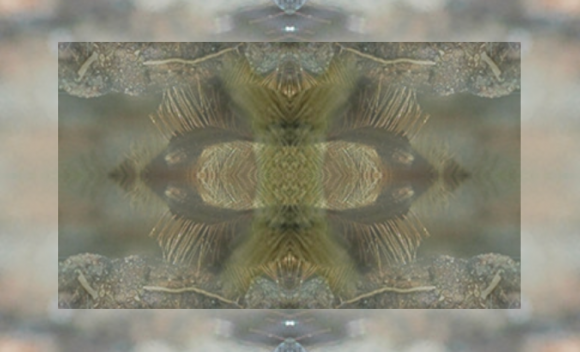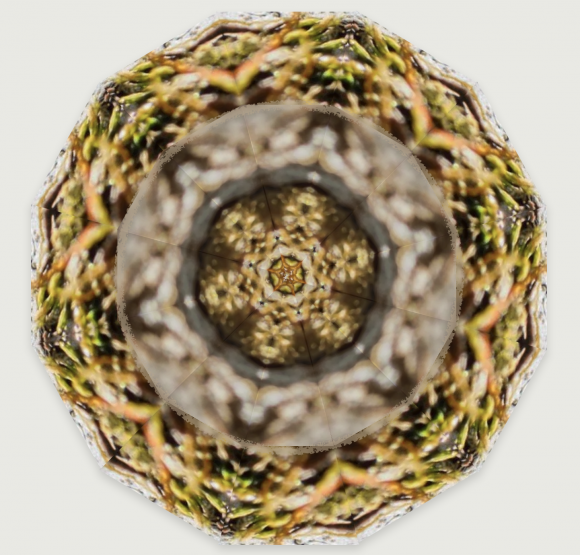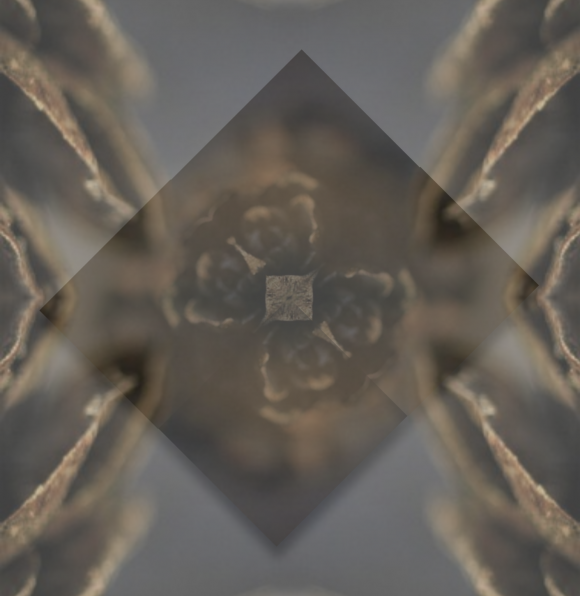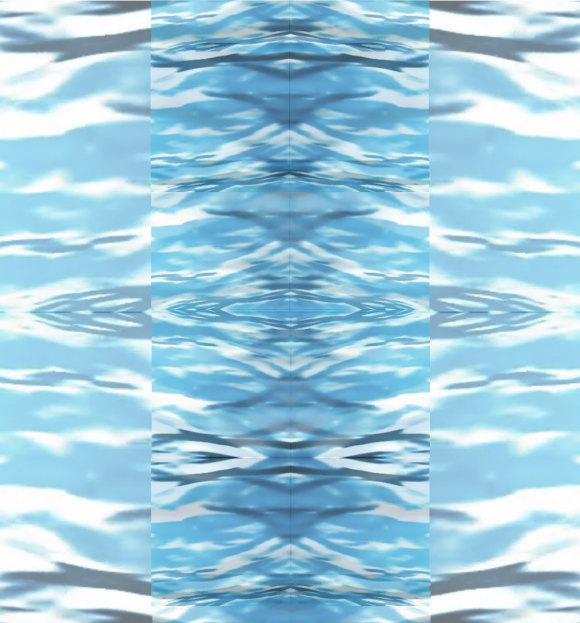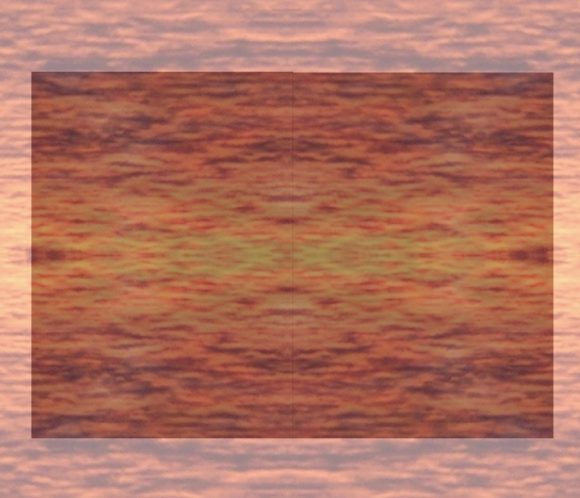
Every question for which we have found an answer does also reveal, at the same time, some uncertain aspects — aspects that aren’t just unanswered yet, but somehow seem all the more difficult to figure out now since we know what we’ve learned. Questions, in a word, lead to answers which in turn always seem to lead to more questions. When we look at this fact of life from the perspective of...
